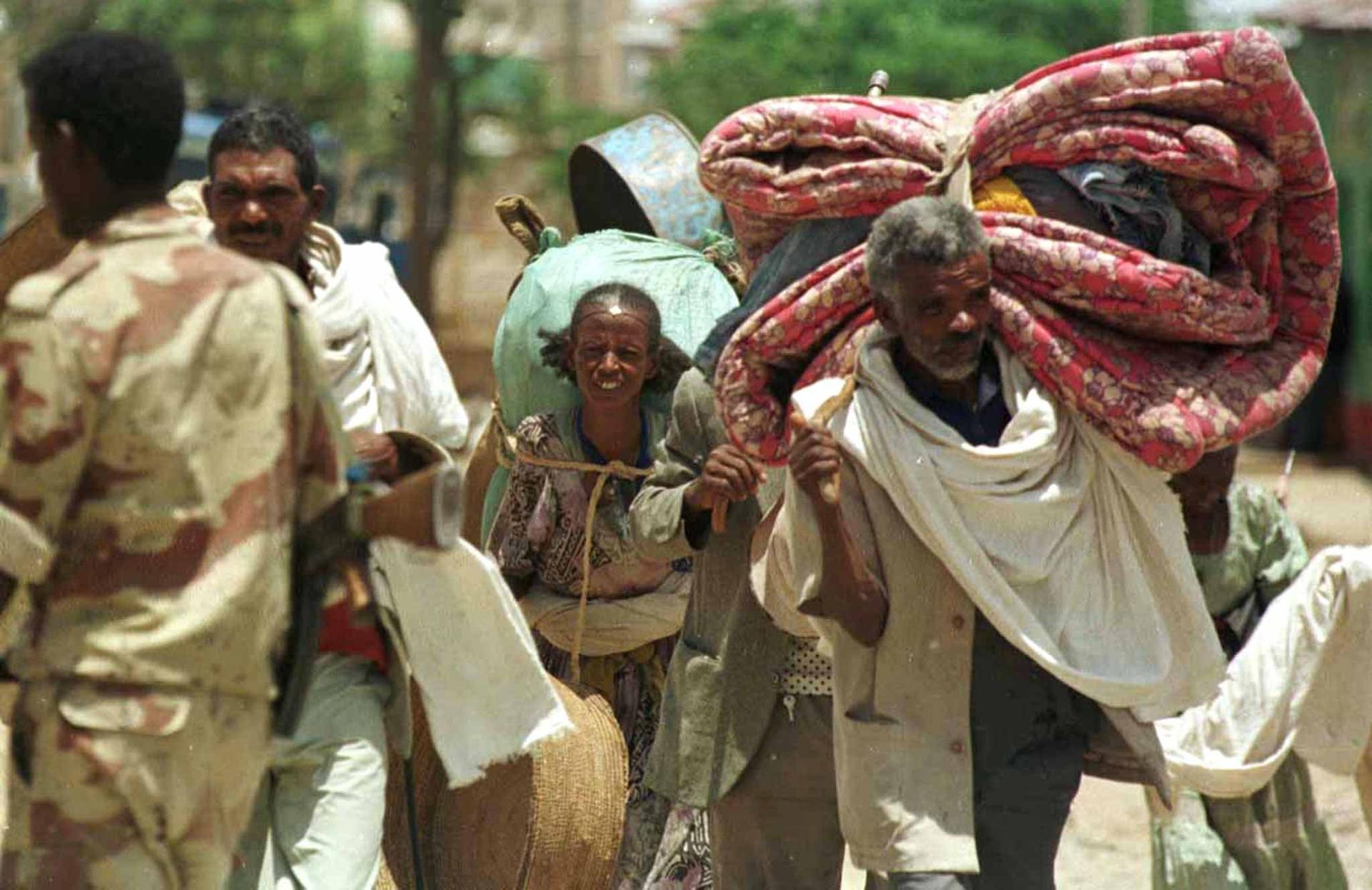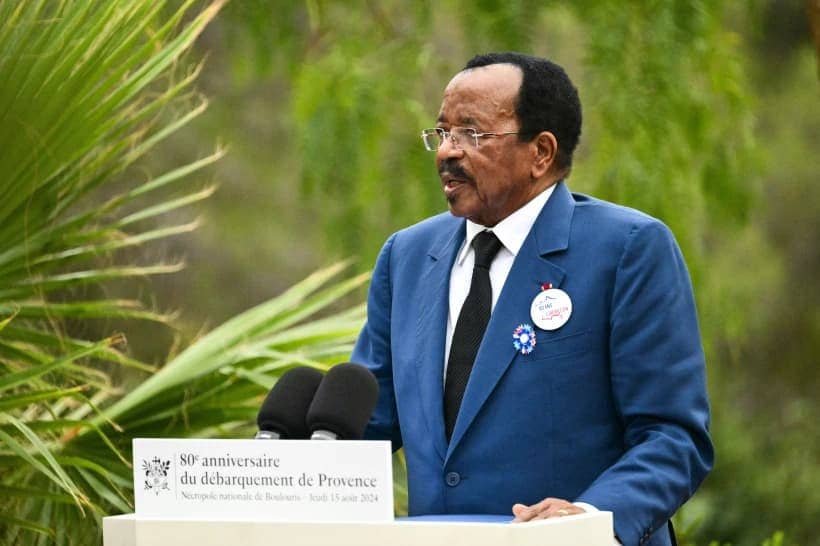NAIROBI, Kenya — Catholic bishops in Eritrea have expressed anger at the forced takeover of church-run institutions as the government moved to confiscate or close more schools.
The latest seizure targeted early childhood and intermediate primary schools throughout the country. The schools were the last remaining Catholic Church-owned and operated educational institutions following an earlier seizure in 2018.
“We … are deeply saddened and intimately hurt by the measures that the government is adopting by force or has already done so, taking away from us educational and health institutions that legitimately belong to us,” the bishops said in a May 26 letter to Eritrea’s education minister, Semere Re’esom.
“These measures, we hereby formally denounce and firmly reject,” the Catholic bishops wrote.
“We declare that she (the Catholic Church) will never cease to claim the return of the social institutions forcibly taken away … as well as the right to carry out all the services of which she had been deprived,” the letter said.
In 2018, the government confiscation of church-owned secondary schools triggered global condemnation. The schools, some built by Italian missionary more than 70 years ago, were never returned to the church. The government also seized church-run health centers in 2018. The closure of the 22 institutions left thousands of patients without care.
The bishops said the measures taken by the government violated the church’s rights and are detrimental to the most basic principles of justice.
“They prevent the church from offering, as a legitimate religious institution and as a community of Eritrean citizens, her services to the integral development of Eritrean people,” the bishops said, adding that the government was denying families opportunities to send their children to schools of their own choice.
“It uses force both as principal and as a method, rather than dialogue and mutual understanding,” the bishops said.
Church leaders have explained over the years that the schools and health centers are a legitimate church property, established, built and organized in the exclusive interest of serving all people.
The bishops also said they welcome conversations with the government to discuss their concerns.
“The Catholic Church in Eritrea, today as it has been always done in the past and will do in the future, upholds and defends, as its inspiring principles, the paths of dialogue, mutual understanding, peace and mutual respect,” the bishops said.
Catholics make up about 5 percent of Eritrea’s population of 6 million people.
Ruled by President Isaias Afwerki since 1993, Eritrea has been strongly criticized by human rights groups, especially over reports of detention without trial, open-ended military conscription and bans on some faiths. Regulations introduced in 1995 limit any developmental activities of religious institutions, including schools, hospitals, agricultural projects and sponsoring education for vulnerable children.














